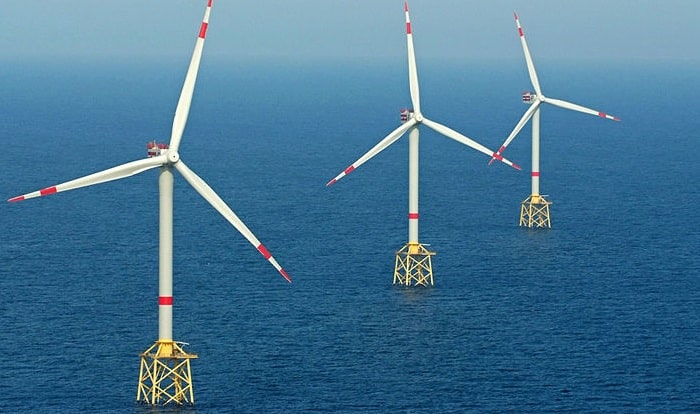German energy company E.ON has signed a cooperation agreement with Japanese company Kyuden Mirai Energy to jointly develop offshore wind projects in Japan.
E.ON and Kyuden Mirai Energy will focus on the developing fixed bottom projects. The partnership will initially start with a study to jointly select a project for development, construction and operations in the Kyushu area the southernmost island in the country.
The cooperation agreement is the result of E.ON’s decision to enter Japanese offshore wind market. The company aims to transfer its experience and technical know-how gained from its 1.8GW installed offshore wind capacity in Europe to Japan. Recently, the German company has opened an office in Tokyo.
E.ON climate & renewables CEO Sven Utermohlen said: “Our strategy to enter the Japanese market is based on trustful and long-term cooperation with local players. We feel that Kyuden Mirai Energy is an excellent partner for us. Our capabilities complement each other while we share the same values and the ambition to drive offshore wind growth in Japan.”
Kyuden Mirai Energy is the developer of the Hibiki-nada Offshore Wind Farm Project in Kyushu and it is also studying opportunities for new offshore wind projects across Japan. Hibiki-nada is the first tendered project under the revised laws of port management in the country.
Kyuden Mirai Energy president Yasuji Akiyama said: “This year could be the memorial year for offshore wind industry in Japan with the new general sea law promoting offshore wind.
“It is a great timing for us to start joint activities with E.ON as the best partner for us to enter into the new market. E.ON has remarkable experience in fixed-bottom offshore wind and shares the same view on local stakeholder engagement.”
Few days ago, the 385MW Arkona offshore wind farm, owned by E.ON and Equinor was inaugurated by German Chancellor Angela Markel. The wind farm is located 35km northeast of the island of Rugen in the German Baltic Sea.
The wind farm will generate enough clean electricity to power 400,000 German households annually, while avoiding 1.2 million tons of CO2 from entering the atmosphere.




































